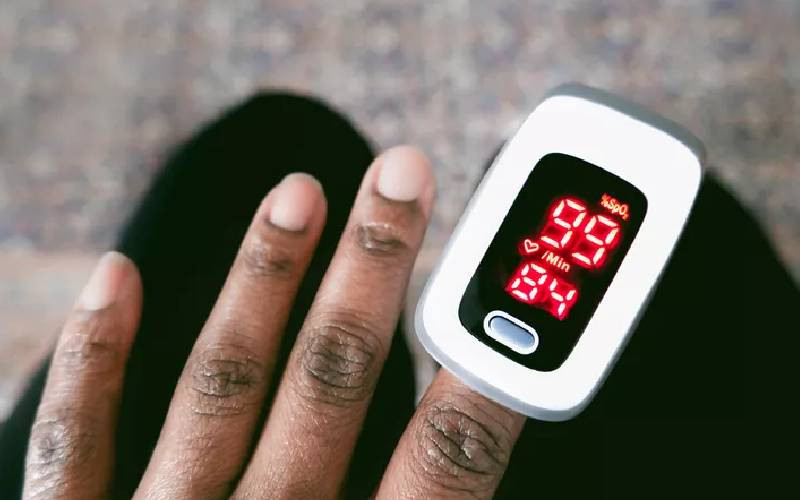×
The Standard e-Paper
Stay Informed, Even Offline

Pulses are among the earliest crops to be consumed by mankind. Research shows that cultures that have pulses at the centre of their menus have a relatively longer and healthier lifespan. Pulses come with many advantages to human nutrition and environment.
Unfortunately, their uptake remains low even as malnutrition continues to increase with the advent of climate change. This has been blamed on lack of awareness on the benefits of pulses.